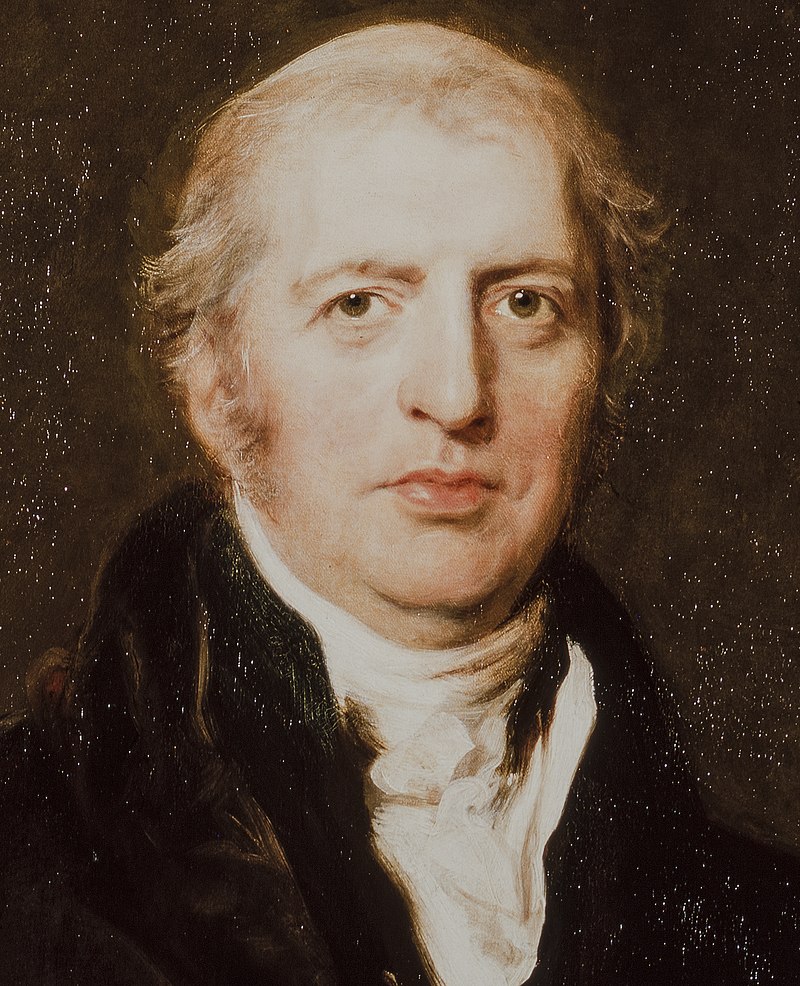Robert Jenkinson

Robert Banks Jenkinson, 2nd Earl of Liverpool (7 June 1770 – 4 December 1828), was a British statesman and Prime Minister (1812–1827).
As Prime Minister, Liverpool called for repressive measures at domestic level to maintain order after the Peterloo Massacre of 1819. He dealt smoothly with the Prince Regent when King George III was incapacitated. He also steered the country through the period of radicalism and unrest that followed the Napoleonic Wars. He favoured commercial and manufacturing interests as well as the landed interest. He sought a compromise of the heated issue of Catholic emancipation. The revival of the economy strengthened his political position. By the 1820s he was the leader of a reform faction of "Liberal Tories" who lowered the tariff, abolished the death penalty for many offences, and reformed the criminal law. By the time of his death, however, the Tory Party was ripping itself apart.
Historian John Derry says he was:
[A] capable and intelligent statesman, whose skill in building up his party, leading the country to victory in the war against Napoleon, and laying the foundations for prosperity outweighed his unpopularity in the immediate post-Waterloo years.
Important events during his tenure as Prime Minister included the War of 1812 with the United States, the Sixth and Seventh Coalitions against the French Empire, the conclusion of the Napoleonic Wars at the Congress of Vienna, the Corn Laws, the Peterloo Massacre, the Trinitarian Act 1812 and the emerging issue of Catholic emancipation. Scholars rank him highly among all British prime ministers, but he was also called “the Arch-mediocrity” by a later Conservative Prime Minister (the Earl of Beaconsfield, Benjamin Disraeli).













































































0 comments
Sign in or create a free account